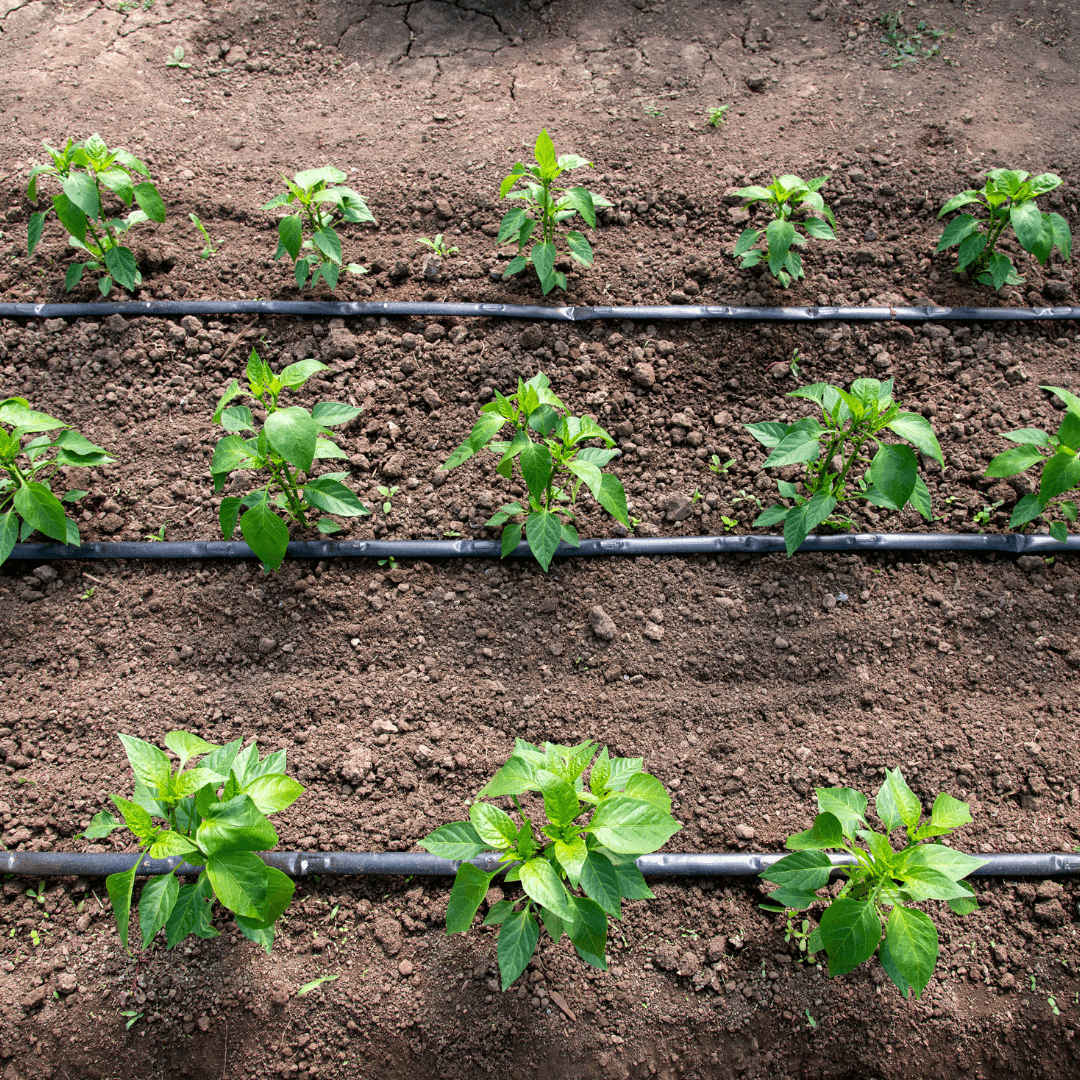Best Fertilizers for Peppers: Boost Development and Taste Naturally
Best Fertilizers for Peppers: Boost Development and Taste Naturally
Blog Article
Organic Vs. Synthetic Fertilizers: Which Is Best for Nurturing Healthy And Balanced Pepper Plants?
In the world of supporting healthy pepper plants, the option in between synthetic and organic fertilizers stands as an essential decision with far-reaching implications. While both alternatives goal to supply vital nutrients to support plant development, the subtleties of their effect on the soil, plant wellness, and the setting stimulate an argument that echoes throughout the horticulture neighborhood. Recognizing the distinctive benefits and possible risks of each plant food type is crucial for pepper cultivators seeking to enhance their yields while preserving a sustainable and eco-conscious method.
Benefits of Organic Fertilizers
Organic fertilizers provide an environmentally-friendly and sustainable approach to beneficial pepper plants, giving crucial nutrients without making use of artificial chemicals. These all-natural plant foods are acquired from organic resources such as compost, manure, bone meal, and algae, promoting dirt health and biodiversity. Unlike artificial fertilizers, natural choices release nutrients gradually, making certain a consistent and balanced supply for pepper plants to prosper.
One significant advantage of organic fertilizers is their capacity to enhance soil framework and water retention. By improving dirt health and wellness, natural plant foods promote advantageous microbial activity, which aids in nutrient uptake by pepper plants. In addition, natural fertilizers decrease the danger of chemical run-off, protecting water sources from contamination and safeguarding the environment.
Moreover, natural fertilizers add to long-term soil fertility by promoting the development of advantageous dirt microorganisms. These organisms assist damage down natural matter, releasing nutrients in a type that is conveniently available to pepper plants. best fertilizers for peppers. By cultivating a healthy dirt community, organic plant foods support lasting pepper farming practices that profit both plants and the environment
Drawbacks of Synthetic Plant Foods
Synthetic fertilizers, in contrast to their organic equivalents, posture different drawbacks when used to nurture pepper plants, affecting both plant health and ecological sustainability. One significant disadvantage of synthetic plant foods is their tendency to seep nutrients from the dirt swiftly.
Moreover, the overuse of artificial fertilizers can add to water contamination. Excess fertilizers not absorbed by plants can remove into water bodies, causing eutrophication, where algae blossoms diminish oxygen levels in the water, harming water life. Moreover, artificial fertilizers are usually stemmed from non-renewable resources, such as nonrenewable fuel sources, adding to carbon discharges and environmental deterioration during their production.
Nutrient Absorption Contrast
When contrasting synthetic and organic plant foods in terms of nutrient absorption, natural plant foods have the advantage of offering a much more well balanced and slow-release source of nutrients. Organic fertilizers consist of a selection of macro and micronutrients that are not just beneficial for the plants but likewise advertise healthy and balanced dirt microbial activity, which helps in nutrient uptake.
Additionally, organic fertilizers enhance dirt framework and water retention capability, permitting pepper plants to accessibility nutrients much more successfully. This improved dirt top quality assists in origin development, allowing better nutrient absorption. Synthetic plant foods, although originally improving plant growth due to their high nutrient focus, may impede long-term nutrient absorption by degrading soil health over time.
Environmental Influence Factors To Consider

On the various other hand, synthetic plant foods, although usually even more promptly available and concentrated to plants, can have damaging impacts on the environment otherwise applied properly (best fertilizers for peppers). Their manufacturing requires high power inputs, resulting in greenhouse gas emissions and adding to environment change. Moreover, the drainage of excess synthetic fertilizers can contaminate water resources, bring about eutrophication and damaging marine ecological communities.
Ideal Fertilizer Practices for Peppers
When fertilizing pepper plants, maximizing nutrient uptake and lessening ecological effect are key considerations. To attain this, it is important to adhere to finest plant food practices tailored to the particular requirements of pepper plants. One weblink critical technique is to perform a soil test before applying any fertilizers. This test can figure out the pH degree of the soil and determine any type of nutrient deficiencies, assisting you in choosing one of the most suitable fertilizer formulation.
One more important method is to fertilize pepper plants at the ideal time. Usually, peppers gain from receiving plant food at growing and after that once again when they begin to flower. Over-fertilizing can cause vitamins and mineral discrepancies and harm the plants, so it is important to comply with suggested application prices.
Additionally, picking a balanced plant food with an NPK proportion that matches pepper plants' needs is fundamental. Inevitably, integrating artificial and natural fertilizers deliberately can help support healthy and balanced pepper plants while reducing ecological impact.
Verdict

Organic fertilizers offer an environmentally-friendly and sustainable technique to nourishing pepper plants, giving necessary nutrients without the usage of synthetic chemicals. Unlike synthetic fertilizers, natural alternatives release nutrients slowly, making sure a constant and balanced supply for pepper plants to grow.
Artificial fertilizers, in contrast to their organic equivalents, posture various drawbacks when utilized to nurture pepper plants, influencing both plant health and environmental sustainability. When comparing synthetic and organic plant foods in terms of nutrient absorption, natural fertilizers have the advantage of giving a much more well balanced and slow-release resource of nutrients.In addition, natural fertilizers improve dirt framework and water retention capacity, enabling pepper plants to access nutrients a lot more successfully.
Report this page